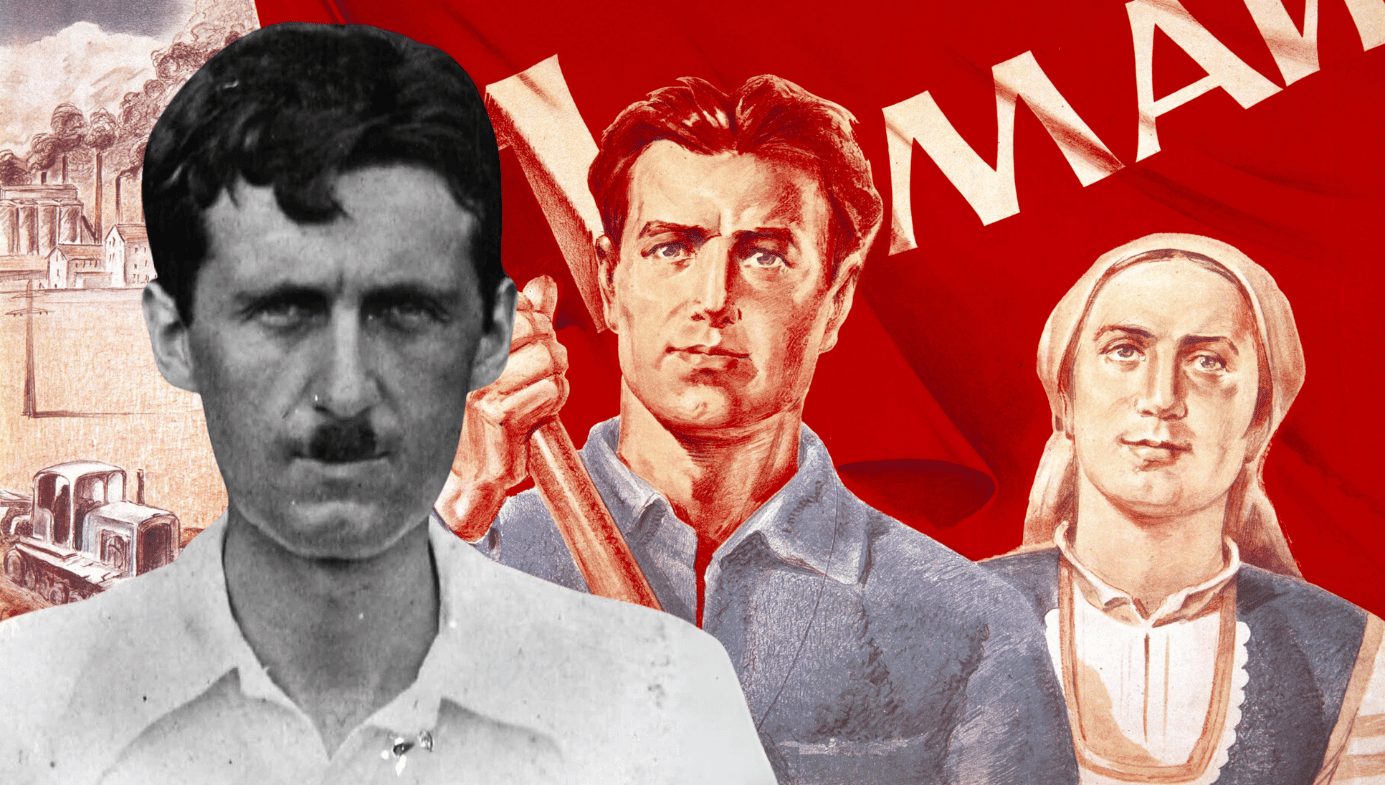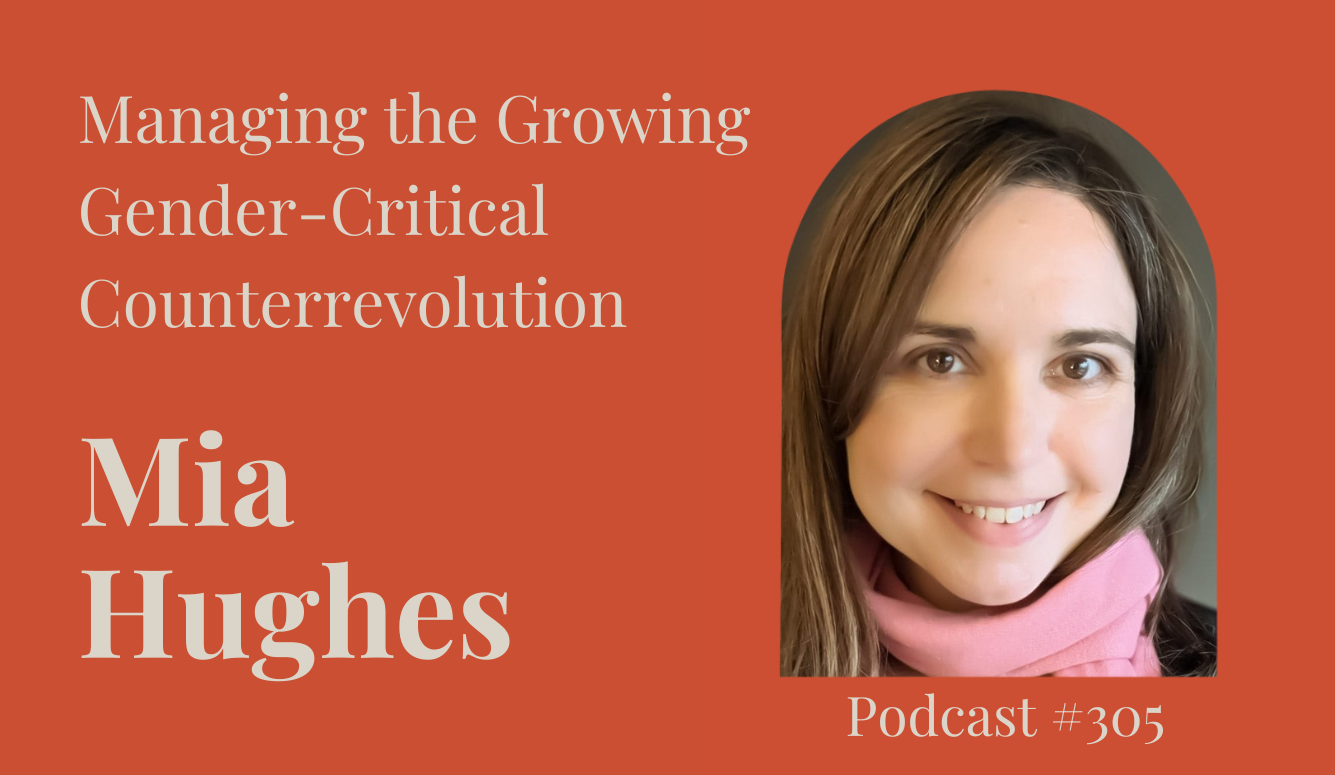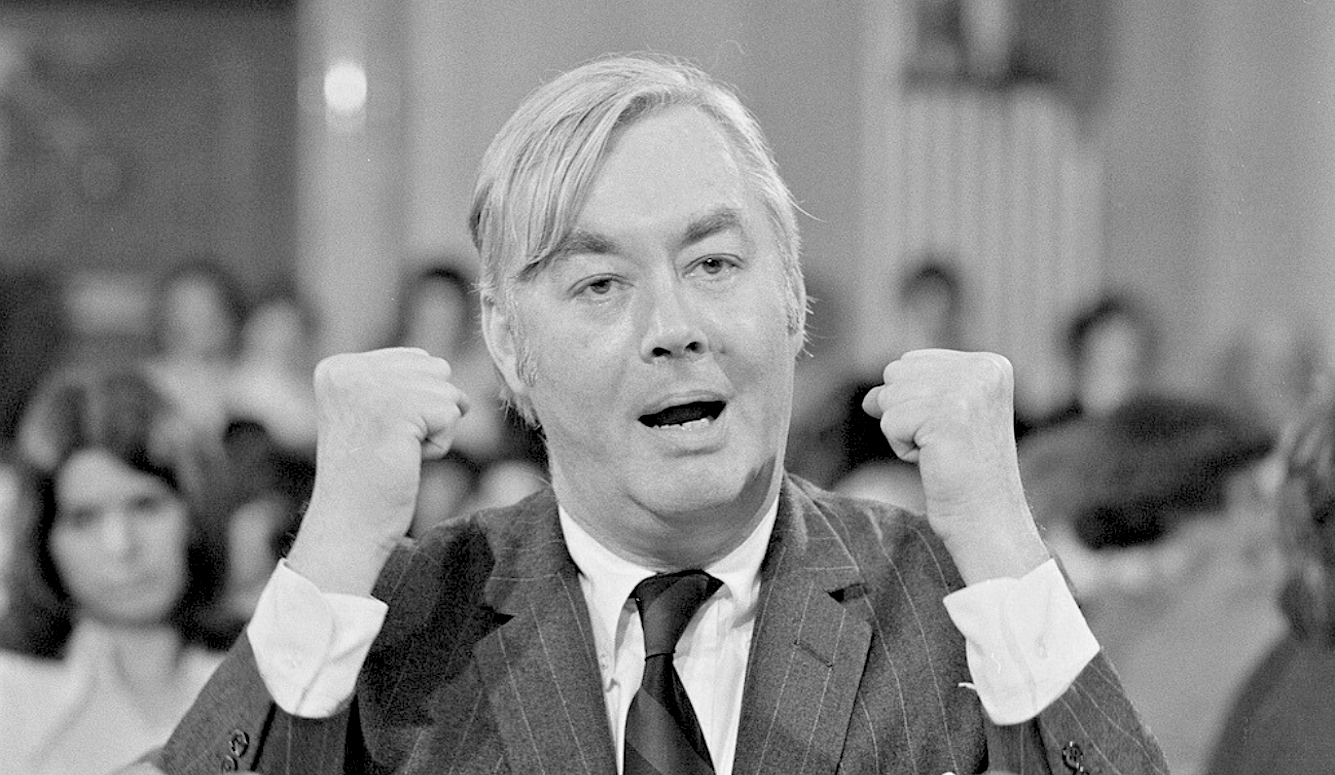Books
George Orwell’s Error
Had he lived long enough to witness the fruits of liberal capitalism, perhaps Orwell would finally have accepted the failure of socialism.

NOTE: This essay is an excerpt from a new introduction to George Orwell’s Nineteen Eighty-Four, which will be published by the Institute of Economic Affairs on 8 June to mark the novel’s 75th anniversary.
As autumn of 1948 turned into winter on the windswept island of Jura, the man who was born Eric Blair sat in bed banging away on a decrepit typewriter, a hand-rolled cigarette dangling from his lips. Working through the pain and exhaustion, he typed out the manuscript of a book that had the working title of The Last Man in Europe so he could send it to his publisher in December as he had promised. When he finished in December, he immediately booked himself into the Cranham Sanatorium in the Cotswolds, later telling a friend that “I would have gone to a sanatorium two months ago if I hadn’t wanted to finish that bloody book off, which thank God I have.” He had barely a year left to live.
This coming Saturday will mark the 75th anniversary of the publication of Nineteen Eighty-Four in the United Kingdom. Often portrayed as a howl of despair from a dying man, Orwell did not know that he was dying when he wrote it. With the help of the new drug streptomycin, he was hopeful of beating his tuberculosis and, for a time, it seemed that he had. Although his friends were shocked by his skeletal appearance in the last years of his life, he put a brave face on his illness and took any sign of recovery as evidence that his health was turning the corner. He nevertheless admitted that he was in “the most wretched health.”
Perhaps Nineteen Eighty-Four would have been slightly more upbeat had Orwell not been “under the influence of TB,” as he put it, but he had never been more pessimistic about the state of the world. “When one considers how things have gone since 1930 or thereabouts,” he wrote in 1946, “it is not easy to believe in the survival of civilisation.”
Orwell may have been pleasantly surprised had he lived to see the real 1984. It is often said that his dystopian novel is a warning rather than a prophecy and Orwell himself was keen to remind people that it was “after all a parody,” but he was also quite explicit that Nineteen Eighty-Four was a conditional prophecy. Shortly after the book was published, he put out a statement saying that “something like NINETEEN EIGHTY-FOUR could happen. This is the direction in which the world is going at the present time.” But it didn’t and it wasn’t. By the time he died in January 1950, Europe had put the worst of the twentieth century behind it. Orwell was too pessimistic and it is worth considering why.





